'Pivotal moment': Palestinians hail ICJ decision to call Israeli settlements illegal
Several Palestinian groups have hailed an earlier decision made by the International Court of Justice (ICJ) to deem the Israeli regime’s settlements in the Israeli-occupied West Bank as illegal.
The United Nations top court announced the decision on Friday concerning the 230-plus settlements that have been built in the West Bank, including East al-Quds, since the regime’s occupation of the Palestinian territory in 1967.
The court noted that the construction and existence of the structures on the territory amounted to its "de facto annexation" as well as possible "discrimination and apartheid."
Though non-binding and of simply advisory nature, the court’s recommendations mount further legal pressure on the occupying entity, and are hoped by Palestinians and its supporters to be adopted by the UN General Assembly and Security Council.
The Palestinian resistance movement Hamas said the decision “affirmed the illegitimacy of the Zionist occupation and the need to end it.”
“We call on the international community to embrace these decisions, bypass the American will [to protect the regime against such decisions], and work to compel the fascist occupation to implement them and comply immediately,” it added.
The Popular Resistance Committees, a coalition of Palestinian resistance groups, welcomed the development, but also underlined the regime’s track record of obstinate non-compliance with such decisions.
“The decisions of the International Court of Justice need a genuine will and real action for their implementation, starting with the imposition of a boycott on the Zionist entity leading to the accountability and punishment of its criminal leaders,” the coalition said.
The Palestinian Mujahideen Movement called the decision “a positive step that contributes to the isolation of the fascist Zionist entity,” describing the Israeli regime’s existence on the Palestinian land as “invalid.”
The group, meanwhile, noted that such decisions “will remain incomplete unless our people gain their freedom, return to their homes from which they were displaced, and rid themselves of the occupation.”
The Popular Front for the Liberation of Palestine (PFLP), a major component of the Palestine Liberation Organization umbrella group, also voiced its appreciation of the decision.
“This decision represents a significant development in the positions of international organizations, as it is rare for an international organization to issue such a comprehensive and precise decision in describing the violations and crimes of the occupation in the occupied Palestinian territories,” the front said in a statement.
The front, however, likewise reminded the Israeli regime’s history of consistent refusal to abide by such decisions. It cited Tel Aviv’s brushing off of the orders that had been issued by the court on it to cease its genocidal practices in the Gaza Strip, which has been enduring an Israeli war since October.
The PFLP, therefore, emphasized “the necessity of taking serious and tangible steps to impose justice and end the occupation.”
Speaking to reporters in The Hague, Palestinian Foreign Minister Riyad Maliki hailed the ruling as a "pivotal moment for Palestine, for justice and for international law."
The ruling means that the regime is "obligated to end its colonial project immediately and unconditionally," he said, adding, "all states must now uphold their clear obligations: no aid, no assistance, no complicity, no money, no arms, no trade, no nothing – no actions of any kind to support Israel’s illegal occupation."
Meanwhile, Palestinian ambassador to the UN Riyad Mansour praised the decision as a "significant step" in putting an end to the decades-long occupation of Palestine and attaining the inalienable rights of the Palestinian people, including the right to self-determination, statehood and the right of return.
Mansour said his team would study the entire opinion and “dissect every sentence.”
“We will consult with an army of friends at the United Nations and in all corners of the globe,” he said, adding, “We will produce a masterpiece of a resolution” at the UN General Assembly.
Israel kills female Palestinian journalist based in Gaza’s Indonesian Hospital
US lawmakers demand answers from Biden on Israeli killing of Turkish-American activist
Araghchi: Iran never left negotiation table as its nuclear program ‘peaceful’
Jan. 14: ‘Axis of Resistance’ operations against Israeli occupation
VIDEO | UNRWA’s financial crisis deepens amid support cuts
South Korean President Yoon arrested over failed martial law bid
VIDEO | Press TV's news headlines
US budget deficit surges to record $711 billion


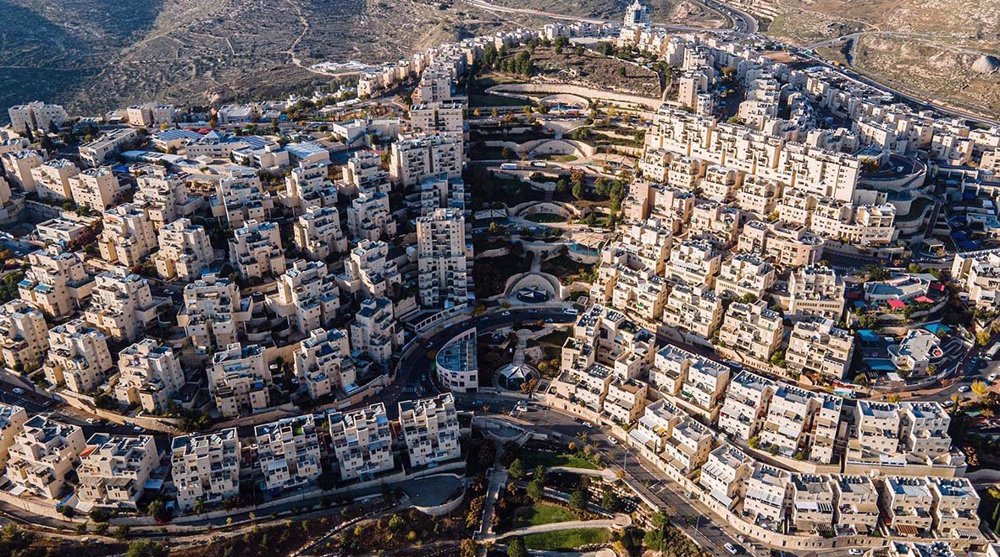
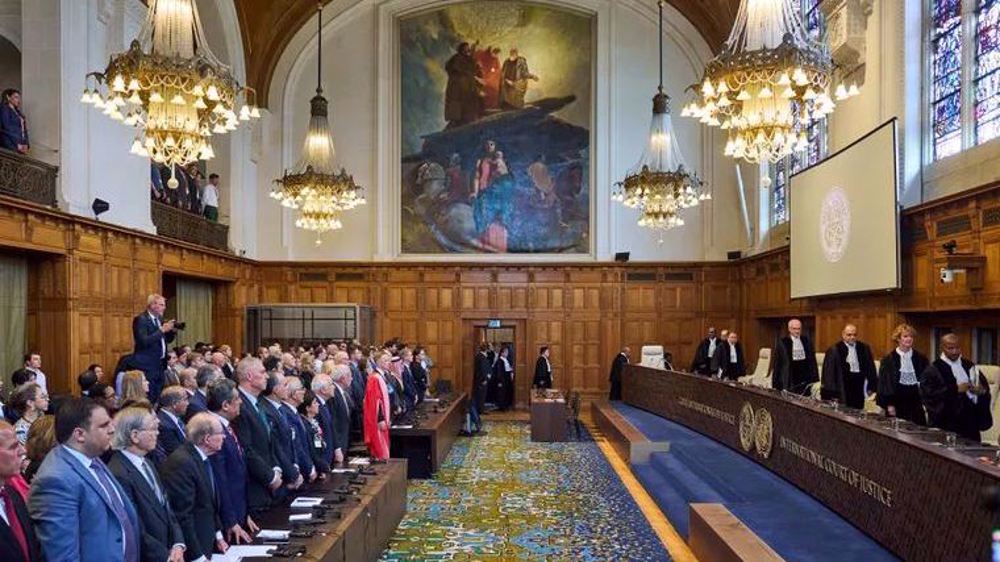
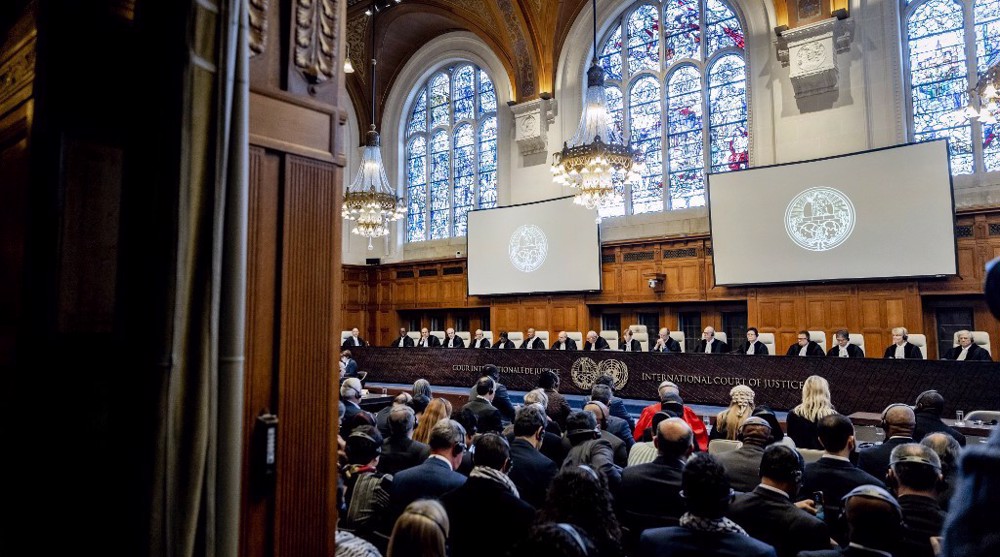






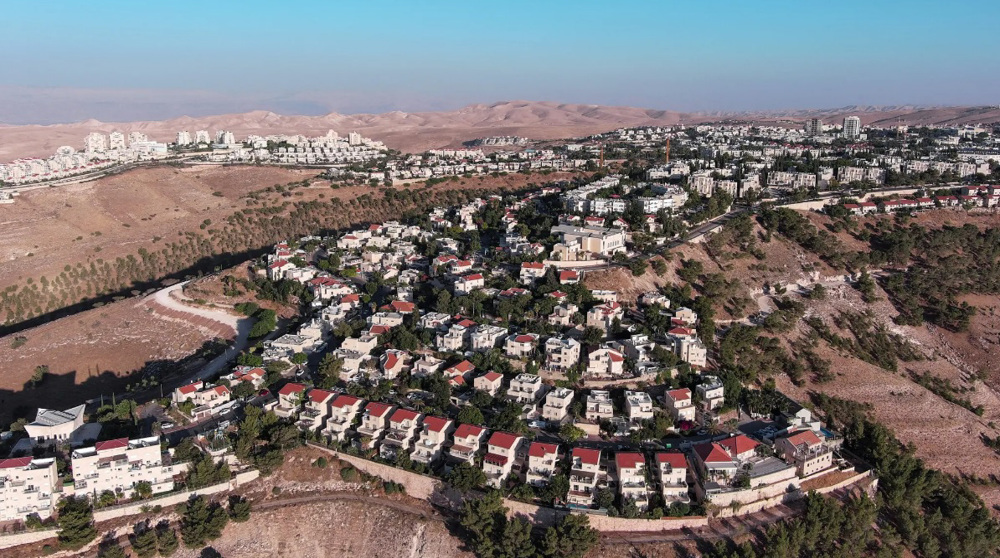
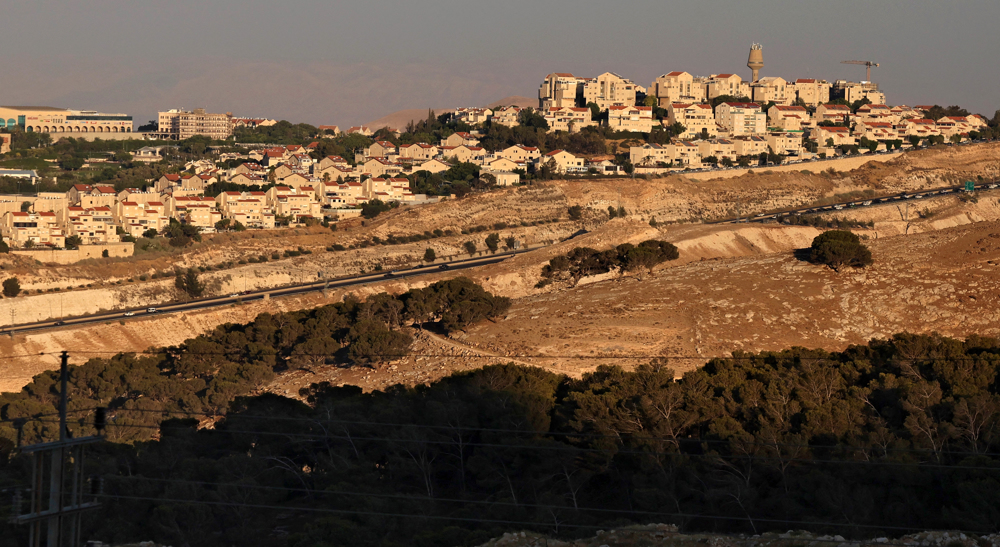
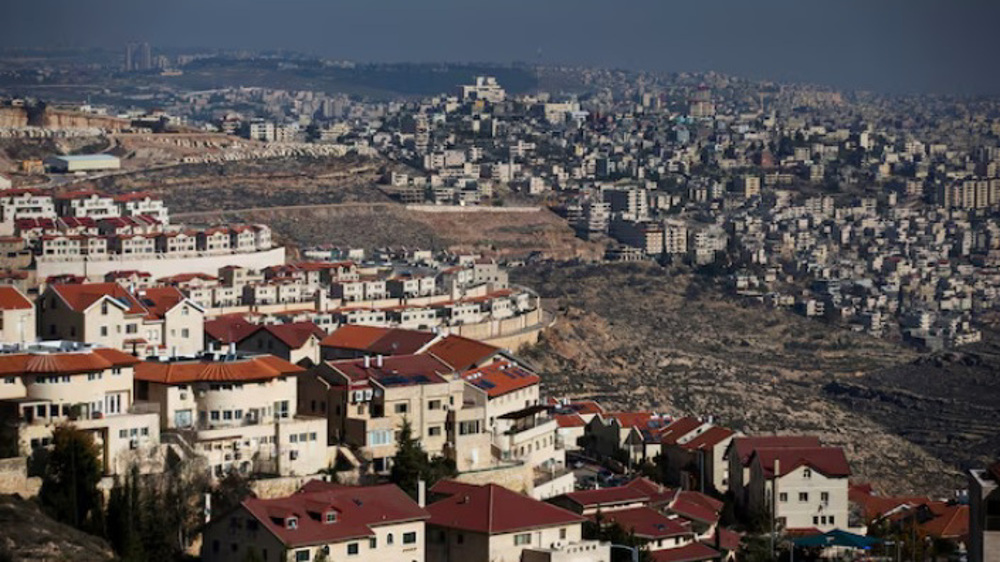

 This makes it easy to access the Press TV website
This makes it easy to access the Press TV website